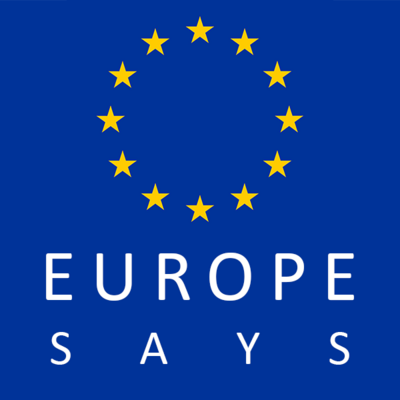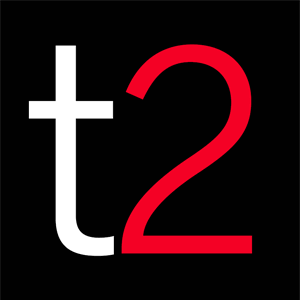- Ben & Jerry’s is accusing its parent company, Unilever, of firing CEO David Stever over his political activism, violating a merger agreement. The company claims Stever was ousted without board approval.
- Ben & Jerry’s has a long history of progressive activism, including statements on political issues such as supporting a ceasefire in Gaza in January 2024.
- Unilever has not commented on the amended lawsuit but previously stated it would defend itself against Ben & Jerry’s claims.
Full Story
Ben & Jerry’s is accusing its parent company of firing its CEO over his political activism, violating a merger agreement. In an amended court filing from Tuesday, March 18, the ice cream company said CEO David Stever was ousted without the board’s approval after he made public comments on progressive issues.
The company initially filed a lawsuit in November accusing its conglomerate owner, Unilever, of silencing its public statements in support of Palestinian refugees amid the ongoing Israel-Hamas war.
In January 2024, the Ben & Jerry’s board issued a statement to the Financial Times calling for a ceasefire in Gaza, with its chair saying that “peace is a core value” of the company.
According to the amended complaint, Stever was fired March 3, after Unilever “repeatedly threatened” the ice cream maker’s employees “should they fail to comply with Unilever’s efforts to silence the social mission,” Ben & Jerry’s filing said.
Lawyers for Ben & Jerry’s said terms in its 2000 merger protect “Ben & Jerry’s interests by precluding the unilateral removal of its CEO.”
What is the history of Ben & Jerry’s taking a political stance?
Since the company debuted in 1978, it’s been known for its left-leaning advocacy and was able to maintain an independent board of directors, furthering its progressive activism even after it sold to Unilever in 2000.
The company continued to share its stance on various political and social issues over the years, including a statement on Jan. 7, 2021, calling the Jan. 6 Capitol attack a “Riot to uphold white supremacy.”
In another instance in July 2021, tensions escalated when Ben & Jerry’s said it would stop selling ice cream to Israelis in the West Bank, reiterating its stance in 2022 on X.
“We continue to believe it is inconsistent with Ben & Jerry’s values for our ice cream to be sold in the occupied Palestinian territory.”
We continue to believe it is inconsistent with Ben & Jerry's values for our ice cream to be sold in the Occupied Palestinian Territory.
— Ben & Jerry's (@benandjerrys) June 29, 2022
(🧵3/3)
Unilever has not commented on the amended filing but said last year it would defend itself against the November lawsuit, which claims it stopped letting Ben & Jerry’s take certain political stances.
What happens next?
In March 2024, Unilever announced its plans to spin off its ice cream division, including Ben & Jerry’s, later in 2025. If the move is successful, it will end the companies’ partnership, which has spanned two and a half decades.






































































